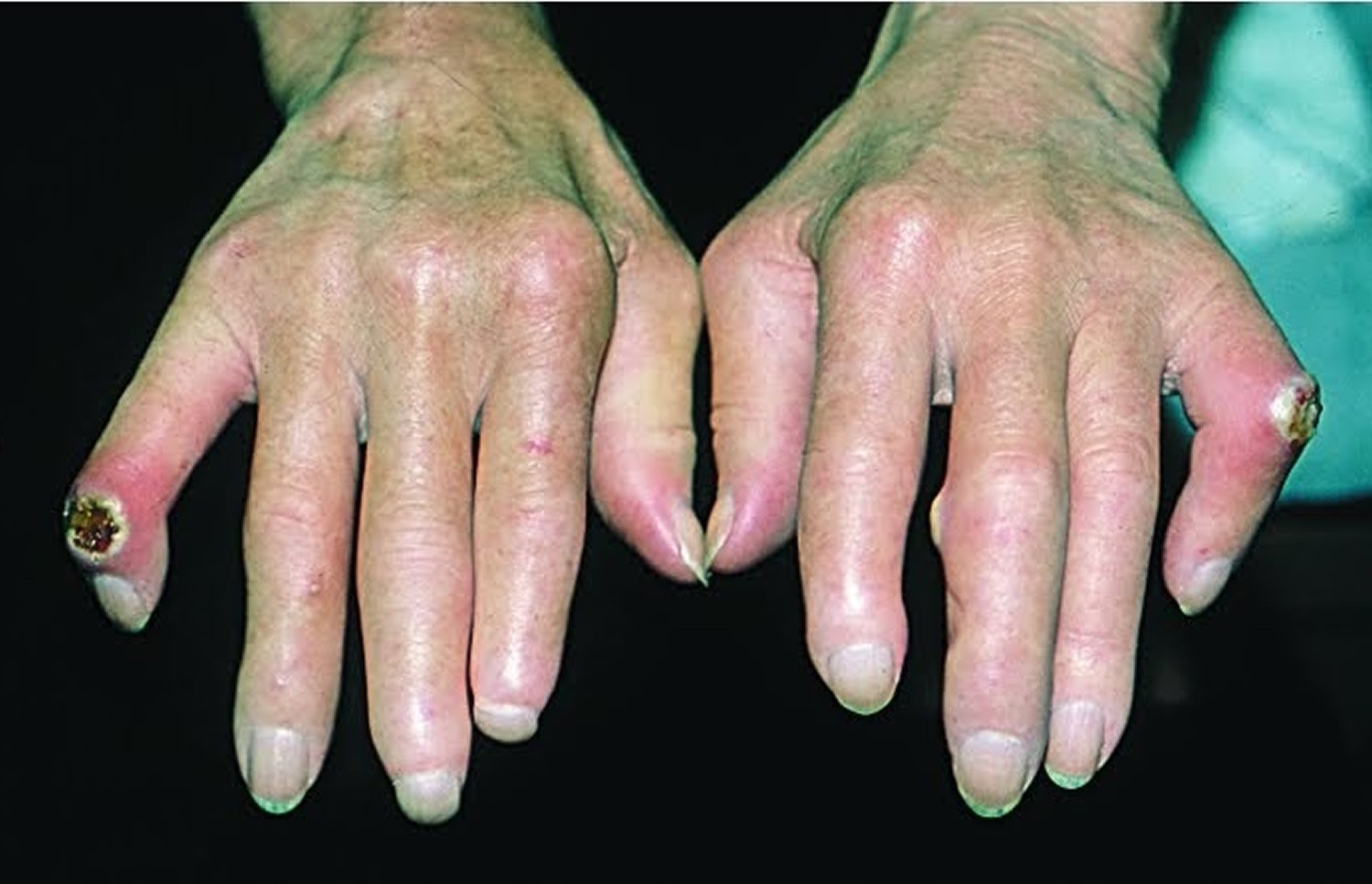Systemic Sclerosis Treatment at Rheumatology Clinic DRHC Dubai
Systemic sclerosis, also known as scleroderma, is a chronic autoimmune disease that affects the skin and internal organs, causing thickening and hardening of the skin and scarring of the internal organs. It is a complex condition that occurs when the immune system mistakenly attacks the body's tissues, leading to inflammation and damage. At Dr. Rami Hamed Medical Center Dubai, our team of rheumatologists specializes in the diagnosis and treatment of systemic sclerosis. We are committed to providing our patients with personalized care and effective treatment options to help them manage their condition and improve their quality of life.
Causes of Systemic Sclerosis (Scleroderma)
- Gender: Systemic sclerosis is more common in women than men.
- Age: Systemic sclerosis can occur at any age, but it is most commonly diagnosed in women between the ages of 30 and 50.
- Family history: Having a family history of systemic sclerosis or other autoimmune diseases increases the risk of developing the condition.
- Ethnicity: Systemic sclerosis is more common in people of African, Asian, and Hispanic descent.
- Environmental factors: Exposure to certain environmental factors, such as infections and medications, can trigger systemic sclerosis in some people.
Symptoms of Systemic Sclerosis (Scleroderma):
- Thickening and hardening of the skin, especially on the hands and face
- Skin rash or sores
- Joint pain and swelling
- Muscle weakness
- Raynaud's phenomenon (cold fingers and toes)
- Digestive problems, such as difficulty swallowing or heartburn
- Lung problems, such as shortness of breath or coughing
- Kidney problems, such as high blood pressure or kidney failure
Diagnosis of Systemic Sclerosis (Scleroderma):
Systemic sclerosis is diagnosed using a combination of medical history, physical examination, blood tests, and other diagnostic tests. These tests can help determine the type and severity of systemic sclerosis and guide treatment.
Treatment of Systemic Sclerosis (Scleroderma):
- Medications: Several medications are available to help reduce inflammation and suppress the immune system.
- Lifestyle changes: Eating a healthy diet, exercising regularly, and avoiding smoking and excessive alcohol consumption can help manage systemic sclerosis symptoms.
- Supportive care: Physical therapy, occupational therapy, and counseling can help manage symptoms and improve quality of life.
If you are concerned about systemic sclerosis or are experiencing symptoms of the condition, it is important to see a rheumatologist for a proper diagnosis and treatment. Contact us today to schedule an appointment and take the first step towards better health and wellness.
.png?width=281&height=59&name=bookanappointment%20(1).png)
DRHC Dubai: Your Trusted Destination for Comprehensive Rheumatology Care. Call +97142798200 to Schedule Your Appointment Today.




.png?width=281&height=59&name=bookanappointment%20(1).png)




